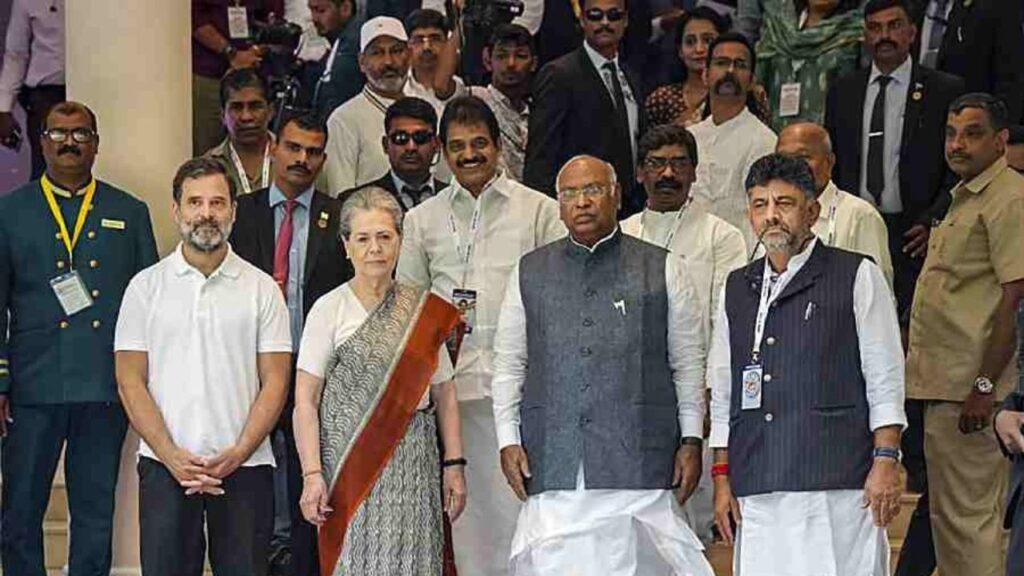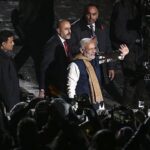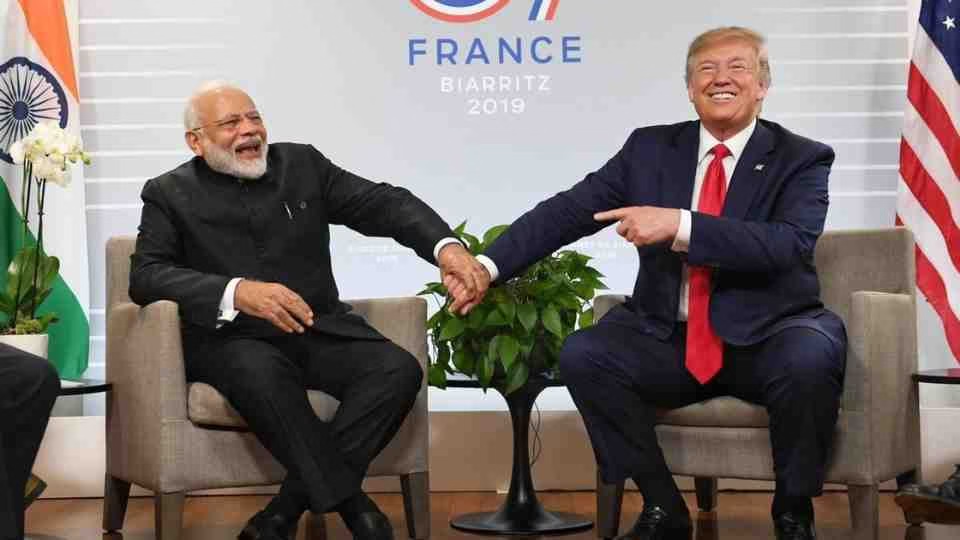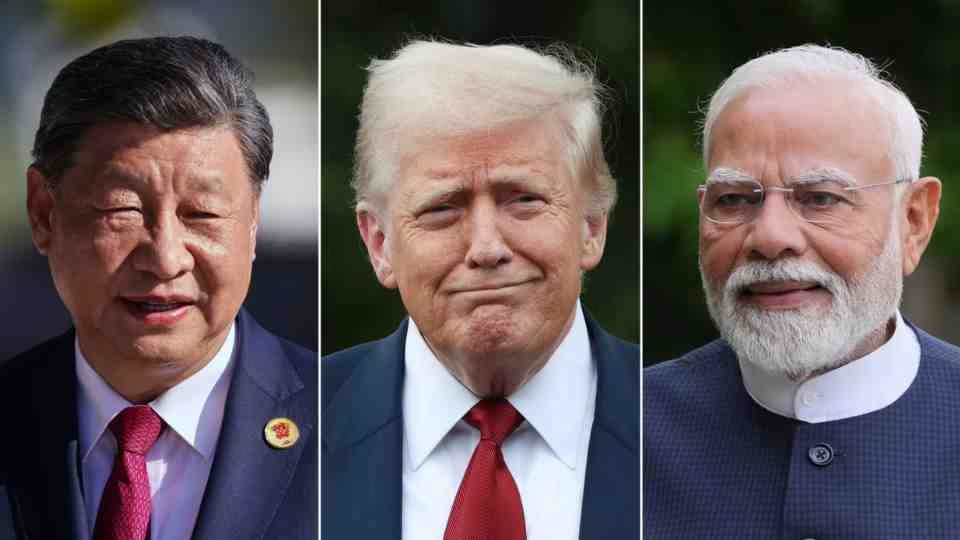Leader of the Opposition Rahul Gandhi, serious allegations
Congress MP and Leader of the Opposition in the Lok Sabha, Rahul Gandhi, has leveled serious allegations against the Election Commission of India (ECI), accusing it of colluding with the ruling Bharatiya Janata Party (BJP) to perpetrate large-scale voter fraud during the 2024 Lok Sabha elections. These claims, centered on booth-level electoral irregularities, have sparked a heated political controversy, with the ECI and BJP dismissing them as baseless. Below is a detailed breakdown of the allegations, the evidence presented, the responses from the ECI and BJP, and the broader context of the dispute.
Details of Rahul Gandhi’s Allegations
Gandhi’s accusations focus primarily on the Mahadevapura Assembly segment within the Bangalore Central Lok Sabha constituency in Karnataka, which he claims is a test case for systemic voter fraud across India. During a press conference on August 7, 2025, he presented what he described as “undoubtable proof” of electoral malpractices, alleging that the ECI facilitated “vote theft” to ensure a BJP victory. Key points of his allegations include:
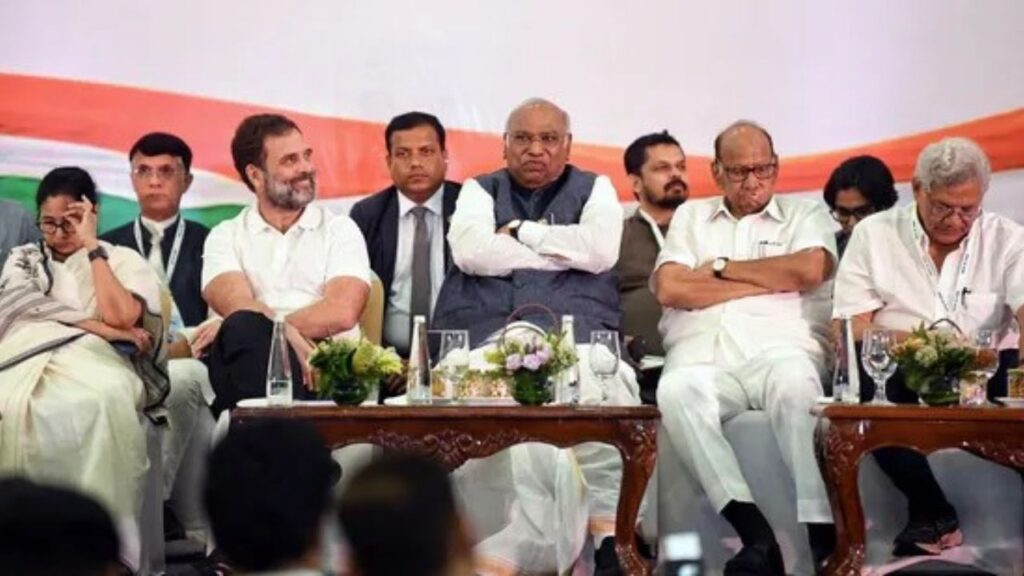
- Scale of Fraud:
- Gandhi claimed that 1,00,250 votes were “stolen” in the Mahadevapura Assembly segment, out of a total of 6.5 lakh votes. This, he argued, contributed to the BJP’s narrow victory in Bangalore Central, where BJP MP PC Mohan won by a margin of 32,707 votes (6,58,915 votes for BJP vs. 6,26,208 for Congress) in the 2024 Lok Sabha elections.
- Methods of Alleged Fraud: Gandhi outlined five specific ways in which the voter rolls were allegedly manipulated:
- Duplicate Voters: 11,965 voters were allegedly registered multiple times. For example, Gandhi cited Gurkirat Singh Dang, whose name appeared in four different polling booths (booth numbers 116, 124, 125, and 126) with separate Electoral Photo Identity Card (EPIC) numbers.
- Fake and Invalid Addresses: 40,009 voters were listed with non-existent or unverifiable addresses, including “zero” house numbers or gibberish in fields like father’s name (e.g., “ilsdfhug” or “dfoigaidf”).
- Bulk Voters at Single Addresses: 10,452 voters were registered at a single address. For instance, a post on X claimed that 80 voters were listed at a one-room house in Muni Reddy Garden, Bengaluru, allegedly linked to a BJP associate.
- Invalid Photos: 4,132 voters had invalid or missing photographs in the voter rolls.
- Misuse of Form 6: 33,692 instances of Form 6, meant for first-time voters, were misused. Gandhi cited the case of 70-year-old Shakun Rani, who was registered twice as a “new voter” within two months (September 13 and October 31, 2023) and allegedly voted twice in different booths.
- Systemic Nature of Fraud:
- Gandhi alleged that the fraud was not limited to Mahadevapura but was part of a nationwide pattern, citing similar irregularities in Maharashtra, Haryana, and Bihar. He claimed the BJP won 25 Lok Sabha seats in 2024 with margins under 33,000 votes, suggesting that such fraud could have tipped close races.
- He argued that discrepancies between Congress’s internal polling (predicting 16 seats in Karnataka, but winning only 9) and actual results indicated manipulation.
- Gandhi accused the ECI of deliberately obstructing scrutiny by providing voter lists in non-machine-readable formats (scanned PDFs instead of CSV or Excel) and withholding CCTV footage of polling booths, which he claimed would expose the fraud.
- Broader Implications:
- Gandhi described the alleged fraud as a “crime against the Indian Constitution” and an attack on democracy, accusing the ECI of acting as an agent of the BJP rather than a neutral umpire. He warned that the opposition would hold the ECI accountable and urged the judiciary to intervene.
- He suggested that the ECI’s actions were tantamount to “treason” and vowed that a future opposition government would pursue those involved, even after retirement.
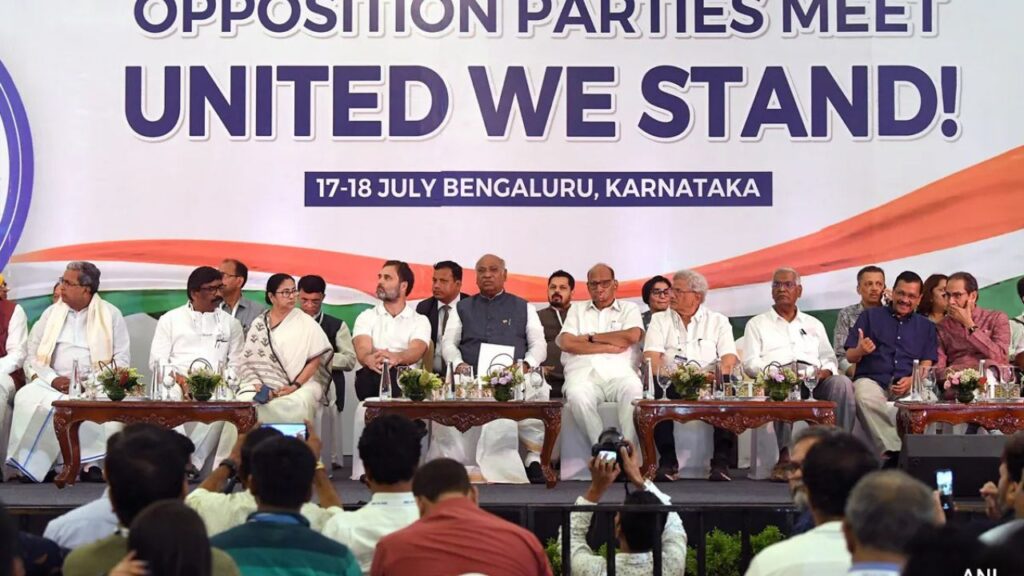
Evidence Presented
Gandhi’s claims were supported by a detailed Congress investigation that took six months to analyze voter rolls in Mahadevapura, involving a manual review of a “7-foot pile” of physical documents due to the ECI’s refusal to provide digital data. Specific examples included:
- Gurkirat Singh Dang: Registered in four booths with different EPIC numbers.
- Aditya Srivastava: Allegedly registered in Bengaluru, Mumbai, Lucknow, and Kanpur, though the Uttar Pradesh CEO denied the presence of this name in UP voter lists.
- Shakun Rani: A 70-year-old registered twice as a new voter, with her name listed differently (once with “Rani” as surname, once without) and voting in two booths.
- Invalid Data: Voter lists showing nonsensical entries, such as house number “zero” or gibberish father’s names, which Gandhi claimed indicated deliberate manipulation.
A post on X by @INCIndia claimed that India Today verified Congress’s findings, specifically noting 80 voters registered at a single-room house in Bengaluru linked to a BJP associate, though this remains unconfirmed by independent sources.
Responses from the ECI and BJP
- Election Commission of India:
- The ECI issued a sharp rebuttal, calling Gandhi’s allegations “baseless” and “irresponsible” and urging election officials to ignore such claims.
- The Karnataka Chief Electoral Officer (CEO) asked Gandhi to submit his evidence under oath by August 7, 2025, evening, per Rule 20(3)(b) of the Registration of Electors Rules, 1960, warning that providing false evidence is punishable under Section 227 of the Bharatiya Nyaya Sanhita (BNS) and Section 31 of the Representation of the People Act, 1950.
- The ECI noted that Congress had not filed any formal complaints or petitions regarding voter list irregularities in Karnataka, Maharashtra, or Haryana, despite Gandhi’s claims.
- The ECI argued that Gandhi’s evidence inadvertently supported its Special Intensive Revision (SIR) exercise, aimed at cleaning voter rolls, which Congress and its allies had opposed. For instance, duplicate EPIC numbers (like Shakun Rani’s case) were described as a “legacy issue” from 2000, with the ECI claiming it needed three months to resolve.
- The ECI emphasized that electoral rolls are prepared transparently with oversight from political parties’ booth-level agents (BLAs) and that election results can only be challenged via petitions in the High Court.
- Bharatiya Janata Party:
- BJP MP PC Mohan, who won Bangalore Central, denied any manipulation, calling Gandhi’s allegations baseless.
- Maharashtra CM Devendra Fadnavis dismissed the claims, questioning the inconsistency in Gandhi’s figures (e.g., previously claiming 75 lakh votes increased in Maharashtra, later 1 crore) and suggesting Gandhi was deflecting from electoral losses.
- BJP leader Ravi Shankar Prasad accused Gandhi of habitual defamation and “losing his cool” after electoral defeats, noting that Congress praises the ECI when it wins but criticizes it when it loses.
- BJP National Spokesperson Sambit Patra labeled the allegations “selective outrage,” and Union Minister Ramdas Athawale defended the ECI’s independence, urging Gandhi to take his concerns directly to the Commission.
- BJP MP Jagdambika Pal claimed Gandhi’s objections to voter list revisions (e.g., in Bihar) were aimed at protecting illegal voters, including Rohingyas and Bangladeshis.
Support for Gandhi’s Claims
Several opposition leaders backed Gandhi’s allegations:
- Shashi Tharoor (Congress MP) urged the ECI to address the “serious questions” raised to protect democratic credibility.
- Karnataka CM Siddaramaiah accused the BJP of manipulating the 2024 elections to retain power.
- Mallikarjun Kharge (Congress President) claimed the ECI allowed rigging in Mahadevapura, with a pattern repeated across constituencies.
- Kapil Sibal (Rajya Sabha MP) accused the ECI of acting as a government agent, commending Gandhi for exposing “astounding facts.”
- Aaditya Thackeray (Shiv Sena UBT) demanded a public ECI response to the evidence.
- Sachin Pilot (Rajasthan Congress) and P Santhosh Kumar (CPI MP) expressed solidarity, criticizing the ECI for ignoring opposition proposals.
- Actor Prakash Raj called Gandhi’s claims a “wake-up call” for PM Modi to address.
Broader Context and Analysis
- Electoral Context: The 2024 Lok Sabha elections saw the BJP win 240 seats, falling short of a majority and relying on allies to form the government, while the Congress-led INDIA bloc secured 235 seats, with Congress winning 99. Gandhi argued that the BJP’s narrow victories in 25 seats (with margins under 33,000) could have been influenced by fraud like that alleged in Mahadevapura.
- Voter Roll Issues: India’s electoral database includes over 99 crore voters, and updating rolls is a complex process overseen by District Election Officers and Electoral Registration Officers, with political party involvement via BLAs. The ECI’s SIR exercise aims to address issues like duplicate EPIC numbers, but Gandhi’s demand for machine-readable data highlights ongoing challenges in transparency and verification.
- Political Tensions: Gandhi’s allegations come amid heightened opposition scrutiny of the ECI, particularly after the INDIA bloc’s unexpected losses in state elections (e.g., Maharashtra and Haryana) despite a strong Lok Sabha performance. The Congress has planned a protest march in Bengaluru on August 8, 2025, led by Gandhi, to press these claims.
- Legal and Institutional Implications: The ECI’s demand for a sworn declaration and warnings of legal consequences under BNS and the Representation of the People Act suggest a potential escalation into a legal battle. Gandhi’s call for judicial intervention indicates a lack of trust in the ECI’s impartiality.
Critical Examination
While Gandhi’s allegations are specific and supported by detailed examples, several points warrant scrutiny:
- Lack of Formal Complaints: The ECI and BJP have highlighted that Congress has not filed formal petitions, which undermines the procedural validity of the claims.
- Data Verification: The ECI’s claim that some issues (e.g., duplicate EPIC numbers) are legacy problems suggests that not all irregularities may be intentional fraud. The Shakun Rani case, for instance, occurred after the 2023 Karnataka election, raising questions about its relevance to the 2024 Lok Sabha polls.
- Unverified Claims: The Uttar Pradesh CEO refuted claims about Aditya Srivastava’s registration in UP, and the X post about 80 voters at a single address requires independent verification.
- Political Motive: The BJP’s counterargument that Gandhi’s claims reflect frustration over electoral losses is plausible, given Congress’s inconsistent stance on the ECI (praising it when winning, criticizing when losing).
Conclusion
Rahul Gandhi’s allegations of voter fraud in Mahadevapura, backed by specific examples of duplicate voters, fake addresses, and Form 6 misuse, have intensified the debate over the ECI’s impartiality. While the Congress presents compelling data, the lack of formal complaints and the ECI’s rebuttals, coupled with its call for sworn evidence, suggest that the issue remains contentious and inconclusive without further investigation. The dispute underscores broader concerns about electoral transparency, particularly regarding digital voter data and CCTV access. As Gandhi leads a protest in Bengaluru on August 8, 2025, and the Karnataka CEO meets a Congress delegation, the controversy may evolve into a significant legal and political test case for India’s electoral system.

